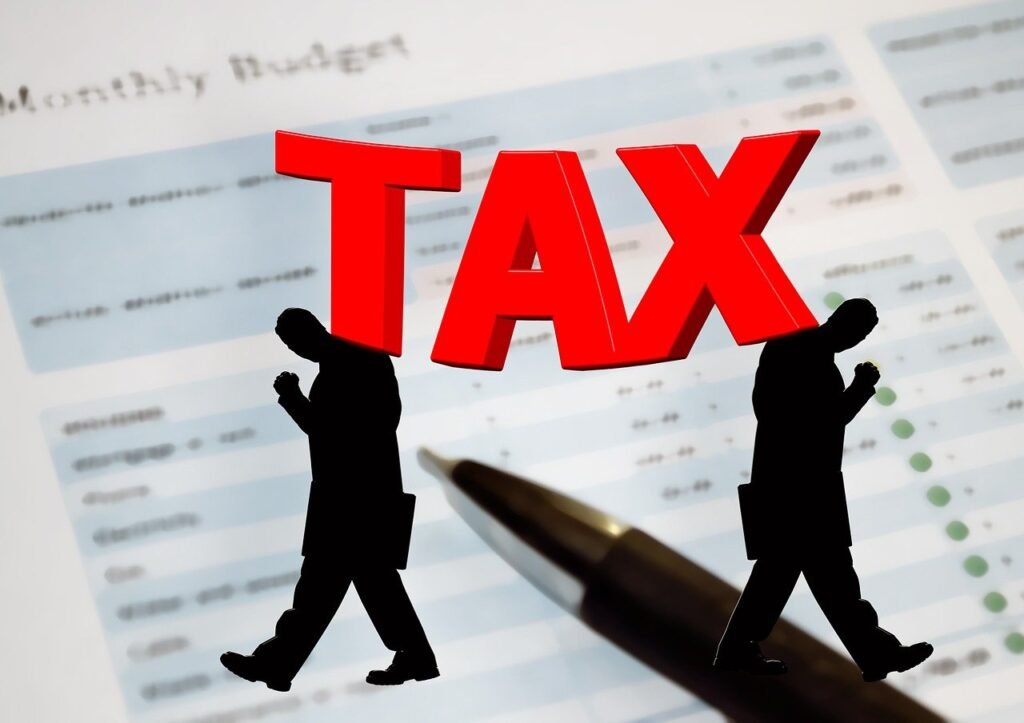Tax Write-Offs for Independent Contractors

Understanding Tax Write-Offs for Independent Contractors
Independent contractors can reduce their taxable income by claiming tax write-offs. These deductions lower the amount of income subject to taxation, helping contractors keep more of their earnings. Unlike traditional employees, independent contractors must cover their own business expenses, making tax write-offs essential for financial management.
To qualify as a write-off, an expense must be both ordinary and necessary for business operations. Ordinary expenses are common in the industry, while necessary expenses contribute directly to business success. Properly tracking these costs throughout the year ensures maximum deductions during tax filing.
Home Office Deduction
A home office deduction allows independent contractors to claim a portion of their home-related expenses. To qualify, the workspace must be used exclusively for business purposes. The deduction covers costs such as rent, utilities, and internet expenses.
There are two methods to calculate this deduction: the simplified method and the regular method. The simplified method allows a standard deduction of $5 per square foot, up to 300 square feet. The regular method requires tracking actual home office expenses and determining the percentage of the home used for work. Proper documentation helps support this deduction in case of an audit.
Vehicle Expenses
Independent contractors who use their vehicle for business can claim tax write-offs on related expenses. This includes fuel, maintenance, insurance, and depreciation. Two calculation methods are available: the standard mileage rate and actual expenses.
The standard mileage rate provides a per-mile deduction set by the IRS each year. The actual expense method requires tracking all vehicle-related costs and deducting the business-use portion. Keeping detailed records of mileage and receipts ensures accurate claims.
Office Supplies and Equipment
Office supplies and equipment necessary for business operations qualify as tax write-offs. This includes items such as computers, printers, software, and general office supplies.
Larger equipment purchases may qualify for Section 179 deductions, allowing the full cost to be deducted in the year of purchase rather than depreciated over time. Keeping receipts and tracking purchases helps ensure proper documentation for tax purposes.
Marketing and Advertising Costs
Promotional expenses related to business growth are deductible. This includes online advertising, website development, business cards, and social media promotions.
A well-planned marketing strategy can improve visibility while reducing taxable income. Independent contractors should keep records of advertising expenditures to claim deductions accurately.
Professional Services and Education
- Fees paid to accountants, tax preparers, and business consultants are tax-deductible.
- Costs of continuing education, online courses, and industry certifications qualify as business expenses.
- Professional memberships and subscriptions related to the industry are also deductible.
Investing in professional development enhances skills and ensures compliance with industry standards, making these write-offs beneficial for long-term growth.
Health Insurance Premiums
Self-employed individuals may deduct health insurance premiums paid for themselves and their families. This deduction applies to medical, dental, and long-term care insurance.
The write-off helps reduce taxable income, making healthcare coverage more affordable. However, eligibility depends on not having access to an employer-sponsored health plan.
Travel and Meal Expenses
- Business-related travel expenses, including airfare, lodging, and rental cars, qualify as deductions.
- Meal expenses incurred during business trips or meetings are partially deductible, typically at 50%.
- Keeping itemized receipts and maintaining records ensures compliance with IRS regulations.
These write-offs help independent contractors manage travel-related costs while conducting business away from their primary location.
Internet and Phone Bills
A portion of internet and phone expenses used for business can be deducted. The percentage claimed should reflect actual business use to avoid IRS scrutiny.
Keeping separate business and personal lines simplifies tracking and provides clearer documentation. Independent contractors should review their bills and determine an appropriate deduction percentage.
Retirement Contributions
Self-employed individuals can contribute to retirement plans such as a SEP IRA, Solo 401(k), or SIMPLE IRA. These contributions are tax-deductible and help secure future financial stability.
Maximizing retirement contributions not only reduces taxable income but also builds long-term savings. Understanding the limits and benefits of different plans ensures optimal tax advantages.
Software and Subscriptions
- Business-related software, including accounting, graphic design, and project management tools, qualifies as a deduction.
- Subscriptions to industry-related publications, research databases, and online platforms can be claimed as business expenses.
- Tracking these expenses ensures accurate deductions and compliance with tax regulations.
Using the right software streamlines business operations while reducing taxable income, making these investments worthwhile for independent contractors.
Final Thoughts
Maximizing tax write-offs helps independent contractors reduce taxable income and manage business expenses effectively. Keeping detailed records, maintaining receipts, and consulting a tax professional can ensure accurate filings and compliance with IRS rules. By leveraging available deductions, independent contractors can optimize their financial position while focusing on growing their business.






